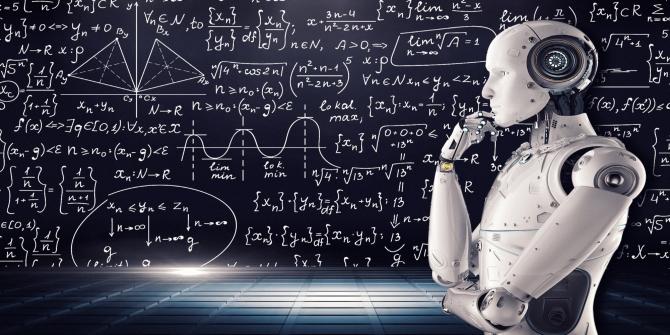
The Scientific Process
This lesson is about students understanding the scientific process through a Community Maze game. Students experience the importance of observation, collaboration, discovery, feedback to achieve a common goal by playing a game. The instructor relates this learning to the scientific process. Then they will be prompted to create scientific questions that are testable and specific . This lesson can be used as a starter point to initiate the practice of asking scientific questions, and can be a starting point to an independent research project.
Lesson Plan Link/URL
https://docs.google.com/presentation/d/19seaBVFf3BrUXEIPn9wzrKSpVS_rRce2/edit?u…Related Content


I use this egg drop/crash lesson as an introduction to Energy and Energy Transfer in physics. Students understand basic kinematics, but I generally conduct this lesson before projectile motion, but it

More VR integration in the classroom, oh my! This is the second lesson of a two-day exploration of chain reactions. On day one, students received a general overview of chain reactions, Rube Goldberg